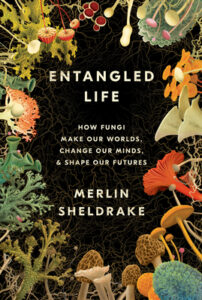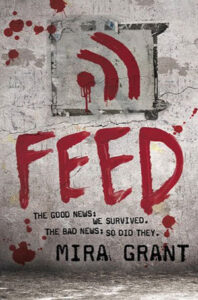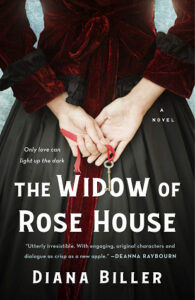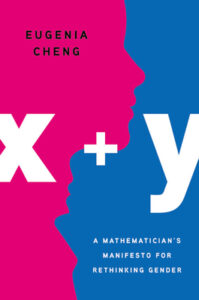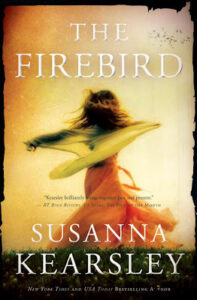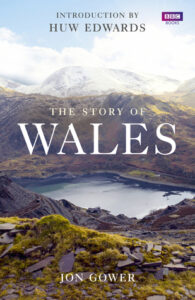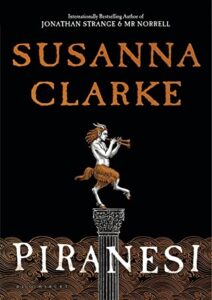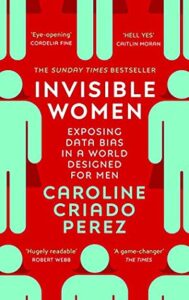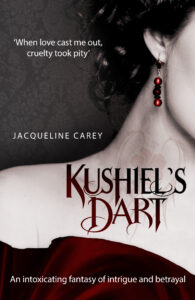 Kushiel’s Dart, Jacqueline Carey
Kushiel’s Dart, Jacqueline Carey
This was a reread, and not the first, largely prompted by the readalong. It’s weird, though; I reread it relatively recently, and yet there were so many details that I didn’t remember ahead of time, and I forgot bits about how it all comes together.
In any case, Kushiel’s Dart follows the adventures of a courtesan, Phèdre nó Delaunay, from unwanted child to plaything of the powerful to spy in enemy territory to ambassador for the Queen. She has been marked out as belonging to the angel Kushiel, making her an anguisette — or a masochist, in plain terms — and this makes her courted and desired… and very useful to Delaunay, a disgraced nobleman committed to protecting the heir to the throne.
This book goes so many places, it’s hard to review it coherently. We follow Phèdre’s childhood, her training both as a courtesan and as a spy, her assignations, her exile, her return… and all sorts in between. There are a lot of characters, and a lot of characters to love, though I’ll confess that I had less patience for Delaunay on this readthrough than I ever had before. He all but buys Phèdre when she’s a child and wields that over her to control her (even if that’s also to protect her), while giving her a home and almost everything else she asks for. He keeps her in the dark, so she couldn’t possibly consent freely, and endangers her with his schemes. I have sympathy for him, but more condemnation than I ever remember feeling, as well. He takes advantage of her and her foster-brother Alcuin, and I couldn’t get past that this time.
I continue to love it, as a whole, despite the ridiculously over-ornate language at times (which more or less works for me after a chapter or so, despite how purple it feels — it’s like you have to acclimatise). It’s still one hell of an epic, and it’s just the first book. I think part of why I love it is that you can get so deep into analysing the motives of a character who dies less than halfway through the book; the characters all feel like people, with their own stories, and their own histories.
If you’re worried about the sex scenes, the sadomasochistic aspects are usually somewhat glossed over, and almost every sex scene I can think of does have a key part to play in either the plot, the character-development, or both. I’m a poor judge of whether something succeeds as a sex scene in terms of “sexiness”, but that doesn’t feel like the aim. Sensualness, yeah, but not crude titillation. Phèdre is a courtesan, but she has her pride and sees what she does as an art (which it is, in the culture of Terre D’Ange).
I’ve really got to start on the next book this time, and actually finish rereading the whole trilogy!


